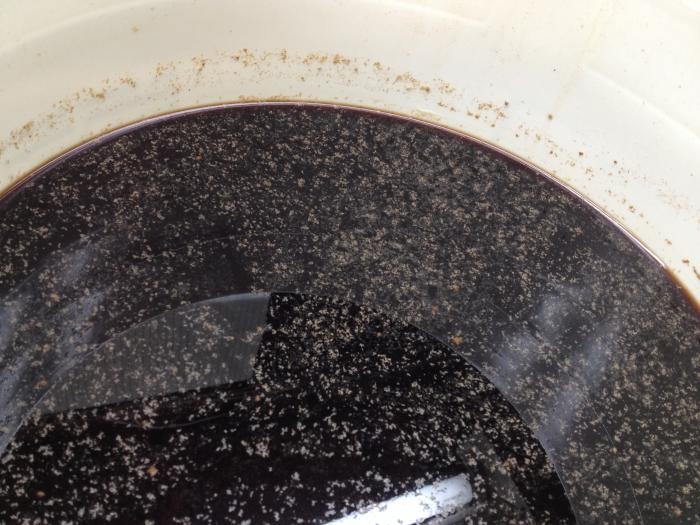Potamus
Well-Known Member
This was my first all-grain brew, and it came out differently than the extract/partial mash recipes I've done before. I brewed Aug. 31 and when I opened the fermentor this morning, I saw a layer of particles floating on top (not positive if it's grain debris or something else). The vessel had a pretty sour smell, and I didn't see the ring I usually get from the krausen. But when I took a gravity reading, it was where it should have been, and the sample smelled and tasted fine. I went ahead and bottled it, figuring time will tell. I'm just wondering if the layer on top, sour odor and lack of krausen ring is typical with an AG batch or if something is wrong.
BTW, it was a basic stout recipe:
5 Lb. Maris Otter
2 Lb. Flaked barley
1 Lb. Black roast barley
2 oz. Kent goldings
1 tab whirfloc
Safale S-04

BTW, it was a basic stout recipe:
5 Lb. Maris Otter
2 Lb. Flaked barley
1 Lb. Black roast barley
2 oz. Kent goldings
1 tab whirfloc
Safale S-04


















![Craft A Brew - Safale S-04 Dry Yeast - Fermentis - English Ale Dry Yeast - For English and American Ales and Hard Apple Ciders - Ingredients for Home Brewing - Beer Making Supplies - [1 Pack]](https://m.media-amazon.com/images/I/41fVGNh6JfL._SL500_.jpg)









































